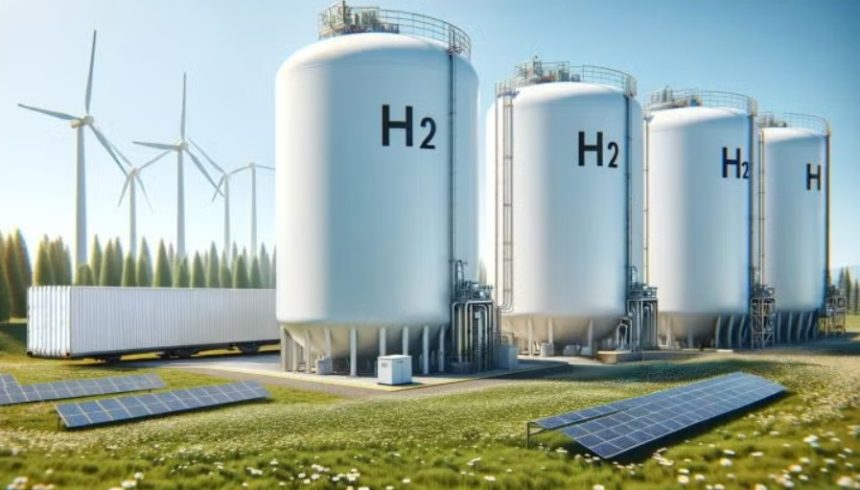Egypt is accelerating its drive for a greener future, targeting 42 clean electricity by 2030.
The nation’s energy intentions were showcased at the COP30 Leaders’ Roundtable on Energy Transition in Brazil, where Manal Awad, Egypt’s Minister of Local Development and Acting Minister of Environment, outlined the country’s roadmap for a low-carbon energy geography.
“Egypt is advancing significant steps to diversify its energy mix,” she noted, underscoring investments in solar, wind, and green hydrogen projects.
Green ammonia, structure upgrades, and energy effectiveness enterprise also feature prominently in the strategy.
The session, chaired by Brazil’s President Lula da Silva, drew heads of state and ministers from around the world. Awad used the platform to stress the urgency of a global energy transition.
“The transition is vital for sustainable development, energy security, and fulfilling commitments under the Paris Agreement,” she said.
A Costly but Crucial Shift
Awad didn’t shy away from the challenges. She stressed the high fiscal risk of the energy transition, estimated at$ 250bn by 2050, and the struggle for developing countries to pierce concessional climate finance.
She called for a fair approach to global energy reform, championing technology sharing, capacity structure, and indifferent transnational hookups.
Driving Change Through Innovation
Conversations at the symposium also explored expanding the use of sustainable energies, perfecting grid stability, and addressing energy poverty. The energy sector’s part in global climate sweats was a recurring theme.
Awad reaffirmed Egypt’s commitment to an energy transition predicated on fairness and occasion, pressing the need for programs that profit both the nation and the broader transnational community.
“Together, these initiatives reportedly form the core pillars of Egypt’s strategy for a low-emission energy future,” she added.
Egypt’s ambitious targets gesture a clear intention to lead by example in clean energy relinquishment and support a sustainable, indifferent global transition.






